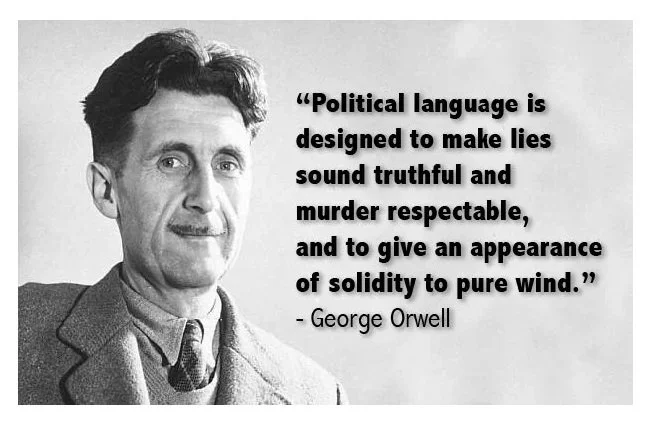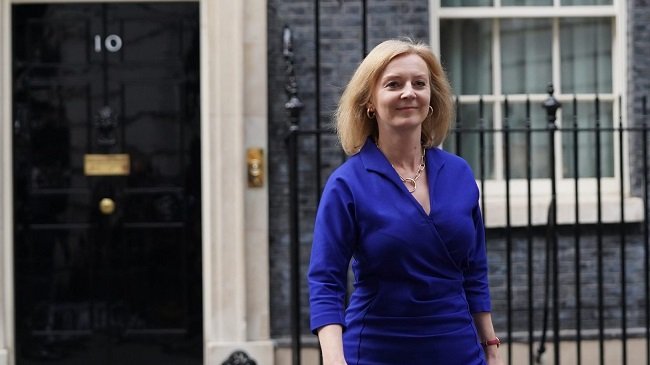Is the UK Voting System Broken?
At present, there is talk in political circles of the prospect of an early General Election in the UK as a means of dealing with several looming political problems. If such a situation were to arise, then it has to contend with the fragmented state of the UK electorate as well as voter apathy and low turnouts. Perhaps the biggest issue is the mechanics of the election process itself. It has its roots in the past when there were two major parties. Things have changed in recent years with more political groups competing for parliamentary seats and the system now seems to be unequitable. So I thought it may be of interest to readers to offer a broad overview of the process. It differs quite considerably from other countries and as you'd expect with anything British, it has more than a few quirks and foibles. This is not in any way a discussion about party politics. I am simply writing about the actual mechanics of the UK First Past the Post system that determines who will form a government.
There are 650 parliamentary constituencies in the UK, each returning a Member of Parliament (MP). For a single political party to form a government they need to have at least 326 MPs duly elected. When UK voters go to the polls, they are not voting for the specific leader of a particular party IE they are not voting who will be the British Prime Minister. They are voting for a specific candidate, who will represent their constituency at Parliament. This choice is dependent upon which candidates are standing for which parties in each constituency.
The party that wins 326 parliamentary seats or more is then in a position to form a government. The leader of that party then becomes Prime Minister by default. It should be noted that the UK Prime Minister is not also the head of state. That role which is non-political is assumed by the current Monarch.
At present in the UK, votes in local, regional and national elections are written by hand on Ballot Papers and counted manually. Not only does this reduce potential fraud but it actually makes the counting process easier. It also affords voters a chance to deface or spoil their ballot paper if they see fit. Something you cannot do if you vote mechanically or electronically. Disallowed votes are counted as such and statistics are kept.
Now here’s the part I and many other UK voters find most frustrating. Out of the 650 constituencies in the UK, approximately 456 are considered to be safe seats IE the current incumbent has a sufficient majority of votes from the local electorate to be able to maintain their position. Only 194 Parliamentary seats are based in constituencies that are deemed marginal. There is no fixed definition of a marginal but it is usually defined as seats with majorities of 10% or less that require a swing of 5% for the incumbent party to lose. Safe seats tend to remain constant. Marginal seats play a key role in elections.
I live in the constituency of Old Bexley and Sidcup, in South East London. It is the embodiment of a white, middle class, residential borough and has been a safe seat for the Conservative Party for years. The electorate is about 65,000 in total. The turnout in the last election was about 69%. James Brokenshire the incumbent MP has a majority of over 15, 000 votes (he actually poled 24,500 votes).
No matter what my party politics and how I personally vote, Mr. Brokenshire is very likely to remain my MP by the simple fact he has an unassailable majority. He may lose some votes in protest but not enough to unseat him. The likelihood of 8,000 plus voters changing their political allegiances, in a constituency that is already socio-economically disposed towards the Conservative Party is highly unlikely. Similar arguments can be made regarding the static nature of all other so-called safe seats.
This raises one of the major failings of the current UK voting system and safes seats. If you live in such a constituency and vote against the current favoured incumbent, your vote effectively counts for nothing and has no impact on the UK political landscape. For years the UK has mainly been a two-party country and as a result the political system has evolved to reflect that. In 2010, the UK had a referendum on changing to the AV voting system that had elements of proportional representation. The change was rejected. Since then, several new parties have emerged and gained favour, while the two main parties have waned and lost some of their broad public support. We now live in a multi-party environment but lack a voting system to adequately reflect that.
Presently, the only voters that can tangibly make change in their constituencies are those that live in the 194 marginal seats. Because the incumbent's majority is often low in such situations and there are far more floating or tactical voters, ardent campaigning can yield results and make swings in either political direction. Effectively it is these constituencies and the voters that live in them that determine the UK General Election results. Because of such issues as population density, some of these marginal seats may have small electorates. In some cases, it's simply the floating voter within a few streets that can change things. It is both fascinating and a little concerning to consider that the next five years of government are effectively decided by a small percentage of the electorate.
The other issue that the UK faces in an election is the prospect of no party being an outright winner. The prospect of a coalition raises its head. Although coalitions have been effective in many other European nations, the UK is not culturally used to them. Where the younger generation seems to warm to the concept, those of an older age group with more entrenched party loyalties balk at the notion of "forced collaboration". However, I think this change in the UK's political landscape is here for good and if anything, there will be even more new parties in the next decade, especially if the Labour Party disintegrates. In the meantime, the only voters determining the outcome of the current election are those living in marginal seats. According to some political experts, this may be as few as 250, 0000 voters out of a total of 46,000,000 registered to vote.
To me is seems self-evident that the ageing First Past the Post system is not fit to serve a modern electorate and needs to be replaced by a fairer procedure. It is ironic that UK representatives standing as MEPs in the European Parliament are subject to a proportional representation voting system, as are the devolved parliament in Scotland and Wales. However, to expect a change to be implemented by the very party in government that directly benefits from the current status quo is naïve. In the meantime, we must continue to endure the flaws inherent in the process that is in place.
























